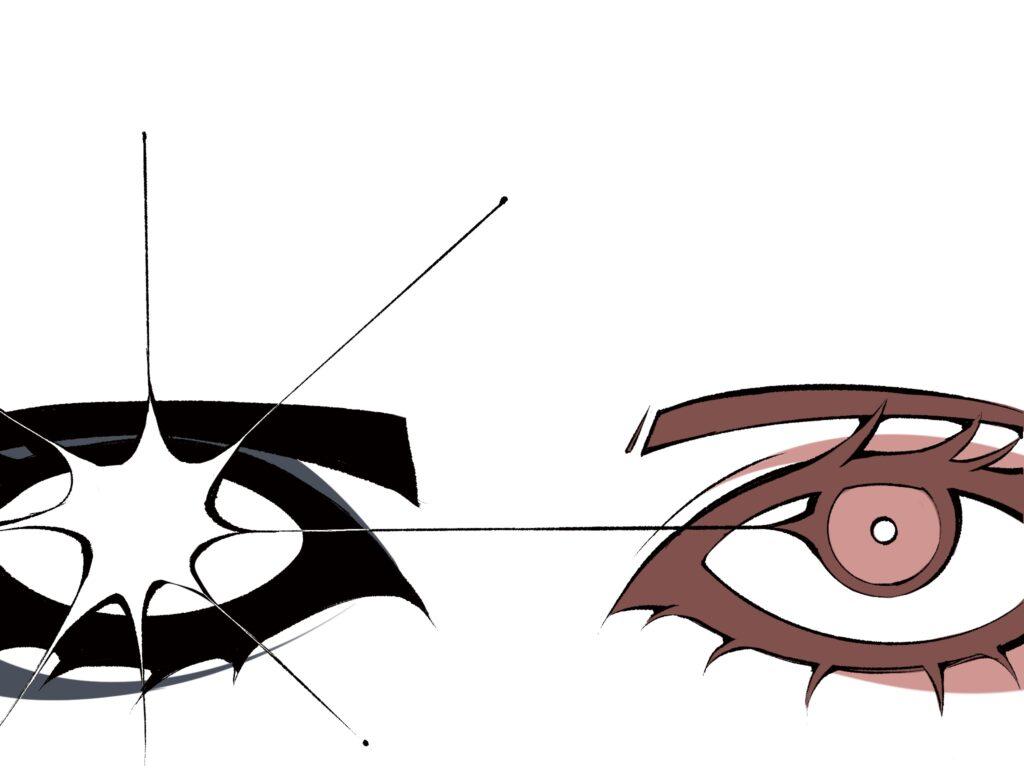Ah, high school: the time of swirling hormones and self-discovery. The adolescent stage is marked by the transition into recognizing the distinctions between yourself and others and realizations of just how scary and confusing the world you will soon have to enter is. Invariably, the instinct of trying to find yourself via fitting into group identities can take over.
We all preach “diversity” in theory, but when it comes to actually following through on what diversity means in practice, it’s still socially acceptable for the majority to punch down people who are different to make themselves feel more of a part of a perceived “in” group. And nothing makes the process of “othering” easier than to scrutinize visual signifiers of difference.
Enter fashion elitism, or the belief of a group that their specific style of fashion exists above others, and the act of looking down on others because of it.
Of course, most of the time, it’s harmless. Who doesn’t love being surrounded by those who understand you? However, the us and them distinction can quickly evolve into a toxic, elitist structure.
Whenever the world of alternative fashion comes into contact with the world of more “basic,” socially acceptable fashion, the us and them separation begins. Implicitly, judgments about the other tend to arise. Are they “us” enough to accept, or “them” enough to make fun of to reinforce our position in the group?
Luckily, I’m happy to still see a lot of cooperation between the groups: people borrowing fashion inspiration from each other, (E-girls and haute couture stylists borrowing alternative staples of clothing comes to mind first for me), listening to each other’s bands and overall, just appreciating each other’s differences.
But of course, this acceptance of the other often doesn’t apply to a great fraction of today’s society, so the elitism that comes from separation still thrives.
I’ve noticed that such separation starts with the pushback from some members of the toward members of the alternative world, faulting them for being “too weird.” To be normal becomes the currency by which someone can buy acceptance from the majority. Scene kids, heavy trad-goth kids — they’re too weird. But E-girls, (people who incorporate more acceptable, alternative ways into their style), they still dress like the us; they can come into the group and be viewed as a weird but fun abnormality.
The normal world just shows one side of the separation, however. In the alternative world, it swings the other way entirely. How traditionally goth you are, how much you only listen to goth music and how much you only dress in this one, alternative way determines how much you can fit into the mold. You aren’t allowed to wear any colors other than black, you have to dress full trad-goth every day, and you aren’t allowed to listen to anything outside of the gothic genre. Those same E-girls are pushed out of the group by people trying to reinforce their position in the hierarchy by Goth elitists. To clearly state: “See? This is a weird-only space, we don’t want to be acceptable to the ‘normal world’; we don’t allow in anybody who is even remotely acceptable to the ‘normal world.’”
Boundaries between the groups of fashion and culture shouldn’t be so harshly reinforced that it turns what was once a fun sense of belonging into the feeling of being shoved into an increasingly narrower box. You can be fashionable however you want, just as you can listen to whatever music you want and there is nothing wrong with borrowing ways of being from each other. Difference isn’t a threat to the security of the group; it’s simply a part of human nature.
After all, we’re all human, and if there are people who demand maintaining such a strict sense of hierarchy in a group to the point that it harms the people both outside and inside of it, then they are tarnishing the group spirit anyway — and more importantly, the human spirit.



























